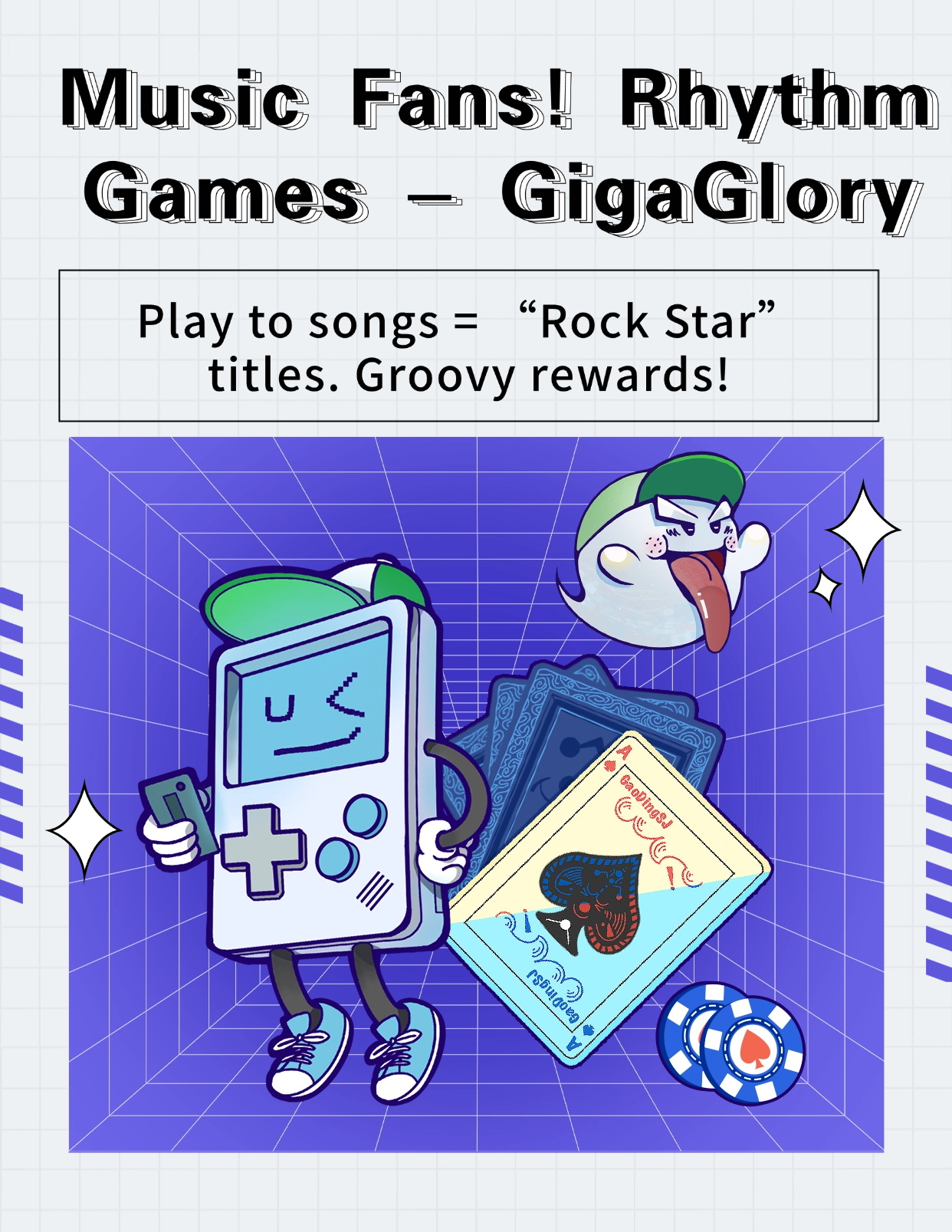Why Simulation Games are the Ultimate Strategy Games for Creative Minds
In today’s gaming universe, simulation games have taken a prominent place on the stage, captivating not just gamers, but also creatives who find joy in strategy and innovation. While traditional strategy games offer tactical warfare and resource management, the realm of simulation games opens up an entirely new dimension of creativity and strategic thinking. Let’s explore what makes simulation games the ultimate playground for creative minds.
The Essence of Simulation Games
Simulation games are designed to replicate real-life processes, allowing players to experiment and devise strategies in a virtual setting. Unlike purely competitive strategy games which pit players against one another, simulation games encourage complex thinking, planning, and execution. They are less about direct confrontation and more about managing scenarios that can lead to numerous outcomes.
Emphasis on Creativity
- Flexibility in Gameplay: Players can dictate how they want to experience the game, allowing for unique narratives.
- Innovative Problem Solving: They encourage players to think outside the box and come up with creative solutions to challenges.
- Designing Game Environments: Many simulation games, such as "The Sims" and "Cities: Skylines", enable players to design their worlds, showcasing their creativity.
Immersive Learning Experiences
Simulation games, like business simulators or life simulations, often teach valuable skills. Players can learn about economics, sociology, or engineering in a manner that is engaging and fun. Unlike traditional methods of learning that may seem tedious, simulation games immerse players in a problem-solving environment where they can see consequences in real-time.
The Strategic Component
Though simulation games emphasize creativity, they also require strategic thinking. Managing resources, crafting plans, and making critical decisions can determine the success of a player's venture. Whether it’s running a virtual farm or strategizing military tactics in a complex war game, the strategic component remains crucial.
Emotions and Player Engagement
Simulation games often elicit emotional responses from players. In contrast to typical strategy games where outcomes are often calculated, simulations can create genuine attachment to in-game characters or structures. How a player cultivates their farm or builds a city can evoke satisfaction or frustration, driving them to engage more deeply with the gameplay.
Comparison with Traditional Strategy Games
| Aspect | Simulation Games | Traditional Strategy Games |
|---|---|---|
| Gameplay Focus | Creative and exploratory | Competitive and tactical |
| Player Interaction | Single-player or cooperative | Vs. human or AI opponents |
| Learning Element | Real-world application | Game mechanics and tactics |
| Emotional Engagement | High | Varies |
Accessible to All Skill Levels
One of the greatest strengths of simulation games is their accessibility. They cater to a wide audience ranging from novices to seasoned gamers. Unlike hardcore strategy games that may alienate new players, simulation games allow everyone to partake at their own pace, fostering inclusivity in gaming.
Creativity Through Customization
Many simulation games offer extensive customization options. Players can craft the game to meet their visions, be it in the outfits, vehicles, or structures. This immense level of creative expression gives players a unique sense of ownership over their gameplay experience.
The Social Aspect
Simulation games often have communities built around them. Players share designs, innovations, and strategies, promoting a collaborative environment where ideas flow freely. This not only enhances the gaming experience, but it also provides a sense of belonging among players.
Examples of Popular Simulation Games
- The Sims Series: A life simulation game allowing players to create and manage an entire world.
- Cities: Skylines: A city-building game that provides an in-depth look at urban planning.
- Planet Coaster: A theme park simulation game fostering creativity in design and strategy.
Conclusion: Why Choose Simulation Games?
In conclusion, simulation games stand out in the gaming landscape, particularly for those with a creative mindset. They blend strategic complexity with imaginative freedom, offering a unique platform to hone problem-solving skills and develop innovative ideas. If you are a creative thinker wanting to dive into an engaging world, simulation games might just be the perfect choice for you.
```


